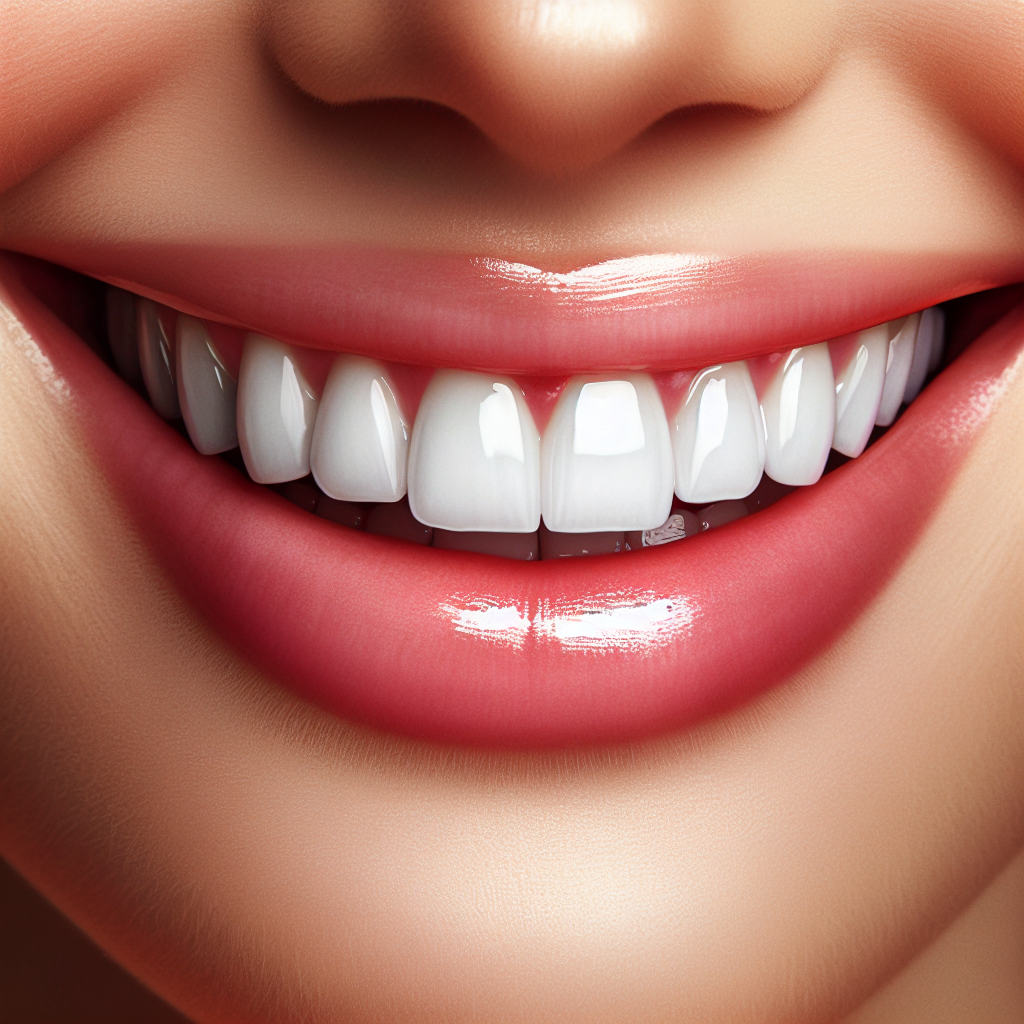Wisdom teeth, also known as third molars, are the last set of teeth to erupt in the back corners of the mouth. They usually appear between the ages of 17 and 25, a time when people are considered to have gained wisdom, hence the name. However, not everyone develops these teeth, and in many cases, they can cause significant problems if left in for too long.
While the exact purpose of wisdom teeth remains a topic of debate among scientists, it is believed that they were evolutionary adaptations that helped our ancestors chew tough foods like roots, nuts, and raw meat. However, as our diets have evolved, these teeth have become surplus to requirements for most individuals.
Leaving wisdom teeth in for too long can lead to various issues. One common problem is impaction, where the wisdom teeth do not have enough space to properly emerge. This can result in pain, pressure, and even damage to adjacent teeth. Studies have shown that around 35% to 45% of people experience at least one impacted wisdom tooth in their lifetime.
Complications arising from impacted wisdom teeth can be severe. Infection, known as pericoronitis, is a common consequence. This occurs when bacteria get trapped beneath the gum tissue covering the partially erupted tooth, causing inflammation and pain. In some cases, this infection can spread to the surrounding tissue or even into the bloodstream.
Furthermore, impacted wisdom teeth can cause the overcrowding of nearby teeth, leading to misalignment and bite problems. Orthodontic treatments may be necessary to correct these issues, which can be costly and time-consuming.
According to a study conducted by the American Association of Oral and Maxillofacial Surgeons, about 85% of wisdom teeth will eventually need to be removed. The best time for removal is typically during a person’s late teens or early twenties when the roots are not fully formed, making the extraction process less complicated.
It is crucial for individuals to consult with their dentist or oral surgeon regularly to assess the development of their wisdom teeth. If left unnoticed or untreated, impacted or poorly positioned wisdom teeth can lead to significant oral health problems, necessitating more invasive procedures and potentially compromising the overall dental health of the individual.
What Are the Risks of Leaving Wisdom Teeth In for Too Long?
Leaving wisdom teeth in your mouth for an extended period can lead to potential risks and oral health complications. Wisdom teeth, also known as third molars, typically emerge between the ages of 17 and 25. While some individuals may experience no issues with these extra teeth, others may face various problems. This article explores the implications of leaving wisdom teeth untouched for too long and offers comprehensive insights into the potential dangers they can pose to your oral health.
What happens if you leave wisdom teeth in for too long?
Leaving wisdom teeth in for too long can have significant consequences for your oral health. These third molars, also known as wisdom teeth, typically erupt between the ages of 17 and 25. However, in many cases, they don’t have enough space to properly emerge or align with the rest of your teeth.
If left in for too long, wisdom teeth can cause a range of problems:
- Crowding: Wisdom teeth can cause overcrowding of the other teeth in your mouth. This crowding can lead to misalignment, crookedness, or shifting of your existing teeth, impacting your bite and overall dental health.
- Pain and Discomfort: Impacted wisdom teeth, which are trapped beneath the gums or jawbone, can cause significant pain and discomfort. This pain may radiate to the jaw, neck, and even the ears. It can also lead to headaches or jaw stiffness.
- Infections and Abscesses: Partially erupted wisdom teeth can create a pocket of gum tissue where food particles and bacteria can get trapped. This can result in inflammation, infections, and the development of painful gum abscesses.
- Cysts and Tumors: Wisdom teeth that are left in for too long can cause the development of cysts or tumors in the surrounding jawbone. These conditions can lead to bone loss, nerve damage, and other serious complications.
- Damage to Adjacent Teeth: As wisdom teeth try to emerge, they can push against the neighboring molars, causing damage to their roots or enamel. This can increase the risk of tooth decay or tooth fractures.
It is important to note that not everyone will experience problems with their wisdom teeth. However, the potential risks and complications associated with leaving them in for too long make regular dental check-ups and evaluations essential. Your dentist can monitor the development of your wisdom teeth through X-rays and recommend timely removal if necessary, preventing these issues from arising.
A study conducted by the National Institute of Dental and Craniofacial Research found that around 85% of wisdom teeth will eventually need to be removed due to various dental complications.
Conclusion:
Leaving wisdom teeth in for too long can lead to various dental complications and health issues. First and foremost, impacted wisdom teeth can cause significant pain and discomfort. If they are not extracted, they can also damage adjacent teeth, leading to decay, infection, and gum disease. Furthermore, leaving wisdom teeth in can cause cysts to form, which can cause damage to the jawbone and surrounding nerves. With time, these complications can become more severe and require more extensive and invasive procedures to rectify.
In addition to dental problems, impacted wisdom teeth can also impact overall health. Infections caused by impacted wisdom teeth can spread to other parts of the body, leading to serious conditions such as sinusitis, ear infections, and even heart problems. Furthermore, the inflammation caused by impacted wisdom teeth can weaken the immune system, making individuals more vulnerable to infections and diseases. Therefore, it is crucial to consult with a dentist and consider extracting wisdom teeth if they are impacted or causing any discomfort or issues. Timely intervention can prevent future complications and ensure oral and overall health.

